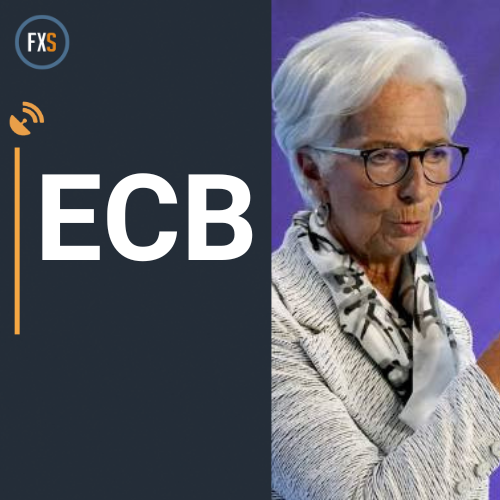Christine Lagarde, President of the European Central Bank (ECB), recently announced that the ECB has decided to leave key interest rates unchanged in July. This decision was in line with expectations, with the interest rate on refinancing operations, marginal lending facility, and deposit facility remaining at 4.25%, 4.5%, and 3.75%, respectively. The ECB will continue to adopt a data-dependent approach to determine the appropriate level and duration of monetary restriction. Additionally, the Asset Purchase Programme (APP) and Pandemic Emergency Purchase Programme (PEPP) portfolios are declining at a measured pace.
Market reaction to the ECB’s monetary policy decisions was subdued initially, with the Euro showing little response to the announcement. The EUR/USD exchange rate remained relatively stable at 1.0935. Looking at the percentage change of the Euro against major currencies, it was the strongest against the New Zealand Dollar. The market reaction to the ECB’s decisions and statements plays a crucial role in shaping the currency exchange rates and market dynamics.
In anticipation of the ECB’s July policy meeting, analysts expect the key interest rates to remain unchanged. While there is speculation about the possibility of a rate cut in September, the general consensus is that the ECB will leave policy settings as they are. Should there be any deviations from this expectation or if President Lagarde hints at a change in monetary policy, it could impact the EUR/USD exchange rate. Given current market conditions, investors are anticipating potential moves in September.
The ECB’s primary mandate is to maintain price stability within the Eurozone, targeting an inflation rate of around 2%. It achieves this goal by adjusting interest rates and implementing monetary policy measures as needed. In certain situations, such as during financial crises or economic downturns, the ECB may resort to Quantitative Easing (QE) to boost liquidity in the financial system. On the other hand, Quantitative Tightening (QT) is implemented when economic recovery is underway, and inflation starts to rise.
Understanding the ECB’s policies and the implications of its decisions is crucial for investors and market participants. The ECB’s actions can have a significant impact on currency exchange rates, financial markets, and overall economic conditions. As global economic conditions continue to evolve, monitoring the ECB’s policy announcements and market reactions is essential for staying informed and making informed decisions in the financial markets. By following these developments closely, investors can adapt their strategies and positions to navigate the changing landscape effectively.































